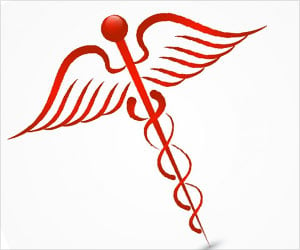Alarmingly, only one-fourth of the parents have been found to check health inspections of restaurants they are about to visit, finds a National poll.

‘By taking certain simple precautions such as checking restaurant inspections and washing your hands thoroughly before cooking and storing food, can help keep your family and friends safe.’





"In most cases, children recover quickly from food poisoning, but in certain cases, it can be debilitating," says Mott Poll co-director Gary L. Freed, M.D., M.P.H."It's impossible to completely protect children from food-borne illness. However, there are strategies to try to reduce the risk of getting sick from eating spoiled or contaminated food. We found that while parents paid closer attention to food safety in their own home, they were not always as cautious about outside sources."
Among parents of children who had gotten sick from spoiled or contaminated food, just a third say their child has gotten sick from food eaten at their own home.
Parents reported putting a lot of effort into food safety in the home. Most parents said they wash their hands before preparing a meal (87 percent), wash fruits and vegetables before serving (80 percent), and check the expiration dates on refrigerated food (84 percent). If a refrigerated product was more than two days past its expiration date, 57 percent of parents said they would smell or taste it themselves to see if it was OK to eat, while 43 percent said they would automatically throw the food away. If parents heard that a food product in their home had been recalled, almost all would not feed it to their children with 58 percent reporting they would throw it away and 40 percent returning it for a refund or replacement.
Other sources of kids getting sick from spoiled or contaminated food included school (21 percent), a friend's house (14 percent), or at a potluck (11 percent).
Advertisement
Freed says an increasingly common germ passed on by unwashed hands is the virus, Hepatitis A. Hepatitis A vaccine is recommended for all children at one year of age and can prevent almost all cases in those immunized.
Advertisement
"Contaminated food can make both kids and adults very sick very quickly. For very young children, whose immune systems are not fully developed, this kind of illness can present a greater risk of serious complications," Freed says.
"Simple precautions, like checking restaurant inspections and following food safety rules when cooking and storing food, can help keep your family safe."
Source-Eurekalert














